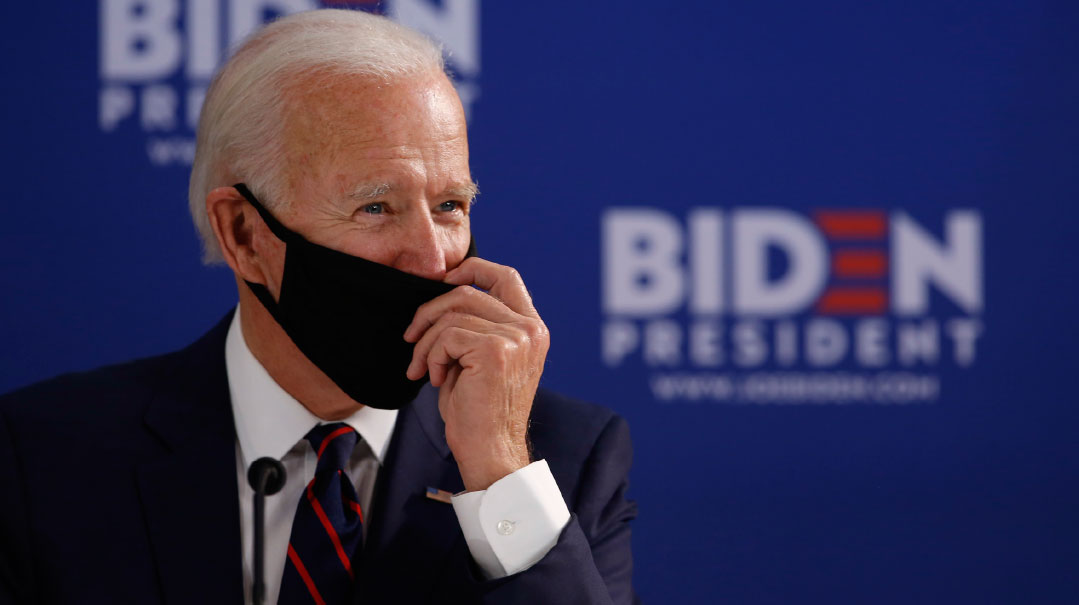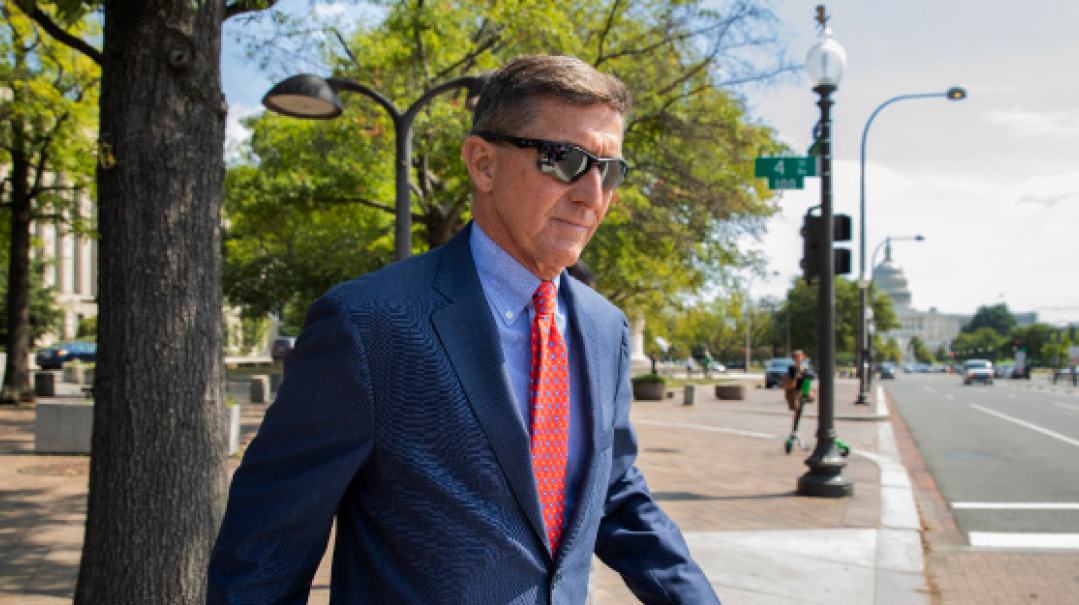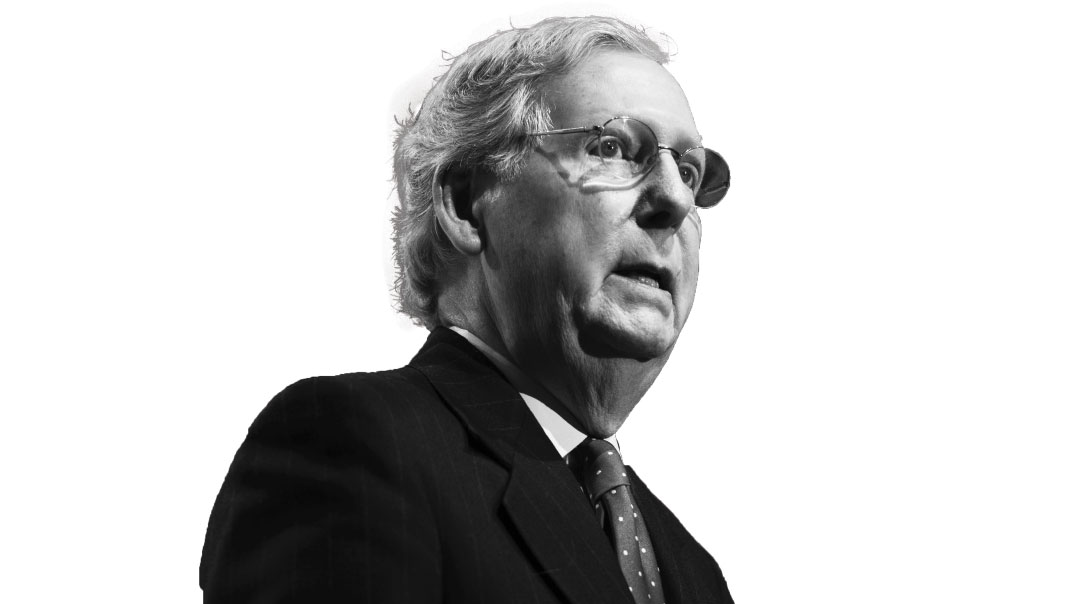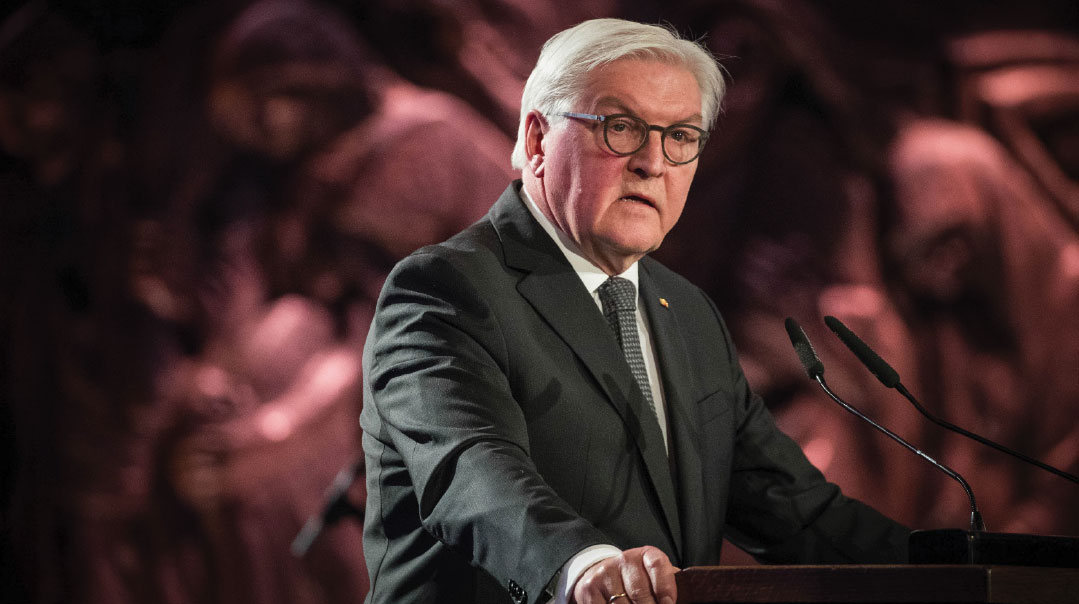Does the Outrage Fit the Crime?
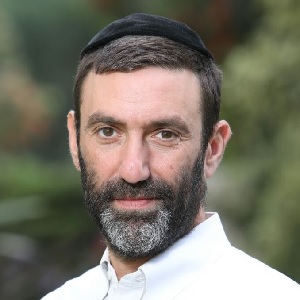

Jamal Khashoggi was a when he walked into the Saudi consulate in Istanbul on October 2. When he never exited, he became world famous.
That’s because Khashoggi’s murder has served as a proxy for everything that is wrong with the Trump administration, everything that is wrong with the Saudis, and everything that is wrong with US support of the three-year-old war in Yemen.
On December 13, the US Senate voted to end US support of that war, in what was described as a rebuke to the Trump administration. With seven Republicans joining the opposition, an additional resolution demanded the Saudis bring to account those responsible for Khashoggi’s murder and specifically pinned blame for the journalist’s death on Mohammad bin Salman, Saudi Arabia’s crown prince.
In this case, the outrage was more symbolic than real. The US House has already declined to take up the measure, ensuring that it will never reach the president’s desk. Whether Democrats decide to revive the issue when they take control of the House in January remains to be seen.
The commentariat is also aghast at the death of Khashoggi, who wrote occasional columns for the Washington Post. In a kind of media reunion, all the old gang who once tried to isolate Saudi Arabia in favor of the Islamic Republic of Iran are taking to America’s editorial pages, declaiming shock and indignation that an American president could maintain his strong ties with the Saudi outlaws.
Ben Rhodes, the architect of the infamous “media echo chamber” constructed to sell the Iran nuclear deal, declared in the Atlantic that Khashoggi’s murder was a “logical outgrowth” of the Trump administration’s policy toward Saudi Arabia, one that “rewarded” the kingdom with a pullout from the 2016 Joint Comprehensive Plan of Action and looked the other way when Riyadh bombed and maimed thousands in Yemen.
But it’s not too late, Rhodes claimed, “to understand that while Saudi Arabia is a historic partner of the United States, our interests are not totally aligned with the Saudi leadership’s, and our values are most definitely not. We should cease all support for the war in Yemen, and lead an effort to address its humanitarian crisis. We should balance our principled opposition to the Iranian regime’s nefarious behavior with a return to the diplomatic agreement that prevents that regime from obtaining a nuclear weapon.”
Over at Time magazine, editors made Khashoggi their Person of the Year for his “faith in bearing witness” to Saudi crimes. “His death laid bare the true nature of a smiling prince, the utter absence of morality in the Saudi-U.S. alliance and — in the cascade of news feeds and alerts, posts and shares and links — the centrality of the question Khashoggi was killed over: Whom do you trust to tell the story?”
Indeed, I’ve been asking myself the same question. Because as horrific as the murder of Khashoggi was and how ruthless a person MBS appears to be, is the outrage among the political and media elite appropriate to the crime? Does the death of one person really necessitate a rupture in relations with an important regional ally, one that just months ago was being feted on news pages worldwide for its new openness to the world?
Personally, I smell a rat. I credit Turkish president Recep Tayyip Erdogan for running an ingenious public relations campaign against his Sunni rival Saudi Arabia, but let’s take a deep breath. Saudi Arabia is an important regional counterweight to Iran and may be the key to Israel’s integration into the Arab Middle East.
What makes the moralizing even more jarring is that those who stand to benefit from Saudi Arabia’s isolation — Turkey and Iran — are not exactly moral exemplars. In the midst of all the cluck-clucking over Khashoggi, Amnesty International released a report entitled “Blood-Soaked Secrets: Why Iran’s 1988 Prison Massacres Are Ongoing Crimes Against Humanity.” Based on a year of research, including interviews with survivors, the human rights organization concludes that
during the course of several weeks between late July and early September 1988, thousands of political dissidents were systematically subjected to enforced disappearance in Iranian detention facilities across the country and extrajudicially executed pursuant to an order issued by the Supreme Leader of Iran ... Many of those killed were subjected to torture and other cruel, inhuman and degrading treatment or punishment in the process.
The extrajudicial executions were followed by the authorities’ refusal to officially acknowledge the killings ... and circumstances of the killings. The systematic concealment of the fate of the victims and location of their remains … amounts to the crime of enforced disappearance under international law.
Turkey, which has drip-dripped details of the Khashoggi murder into Tweet-sized headlines for weeks, has imprisoned more journalists than any other country in the world. As the Committee to Protect Journalists noted in its annual report, released last week:
Even as Turkish President Recep Tayyip Erdogan has been the fiercest critic of Saudi Arabia for the murder of Khashoggi, his government continued to jail more journalists than any other on the planet. CPJ found at least 68 journalists jailed for their work in Turkey … In the course of the year, dozens more have been jailed or released, as prosecutors continue to seek arrest warrants and apply new charges, and courts ordered some journalists released pending trial and acquitted others. For the third consecutive year, every journalist imprisoned in Turkey is facing anti-state charges.
And the pièce de résistance? The Wall Street Journal reports that top Saudi aides dismissed as part of the Khashoggi fallout were key players in secret but ongoing talks with Israel. Say what you want about the dangers of a peace deal for Israel, but the leader of her government seems excited by the prospect of an Israeli-Arab peace.
Who benefits from a Saudi-Israeli rapprochement? Certainly not Iran and Turkey. And certainly not certain members of the media and political elite, ever in search of an issue to tarnish the United States and its president.
(Originally featured in Mishpacha, Issue 741)
Oops! We could not locate your form.







